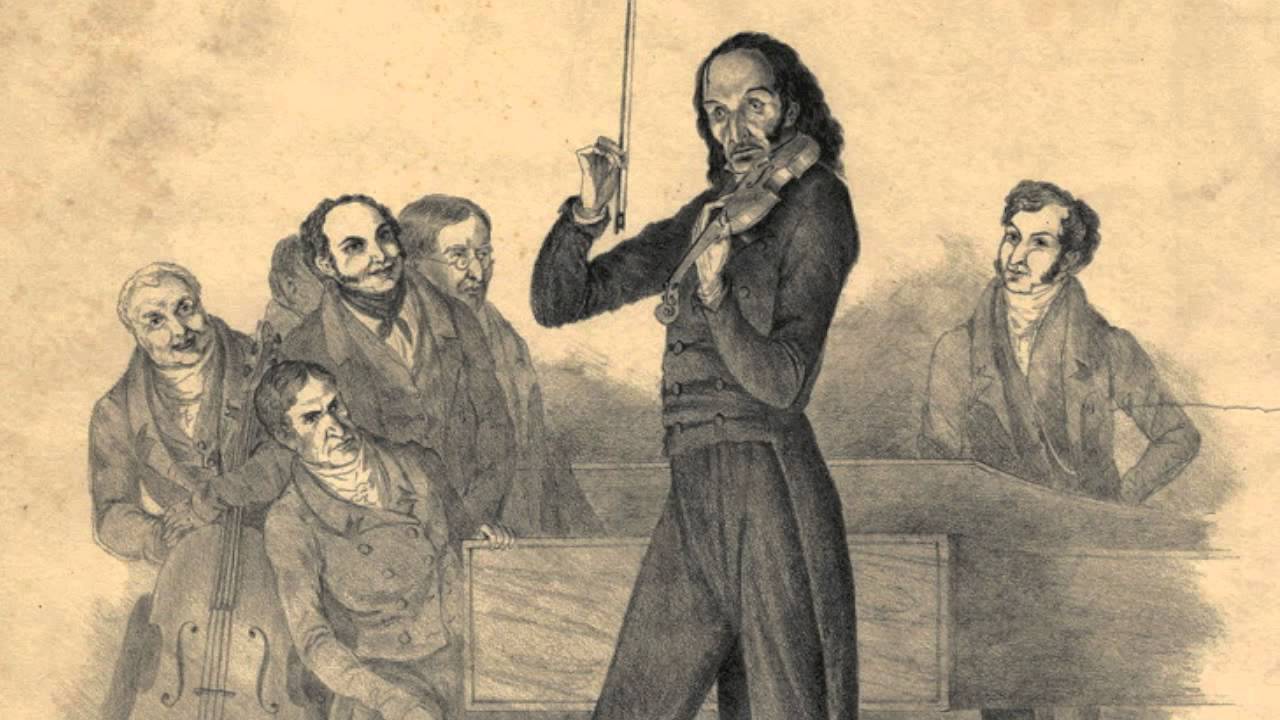
The Enigmatic Virtuoso: A Biography of Niccolò Paganini
Niccolò Paganini (1782–1840) stands as one of the most iconic and enigmatic figures in the history of classical music. An Italian violinist and composer, he[…]
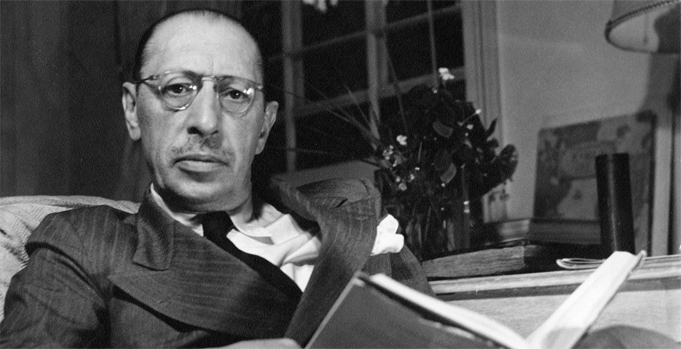
Igor Stravinsky: A Biography
Igor Fyodorovich Stravinsky (June 17, 1882 – April 6, 1971) was a Russian-born composer, conductor, and pianist who became a naturalized French citizen in 1934[…]
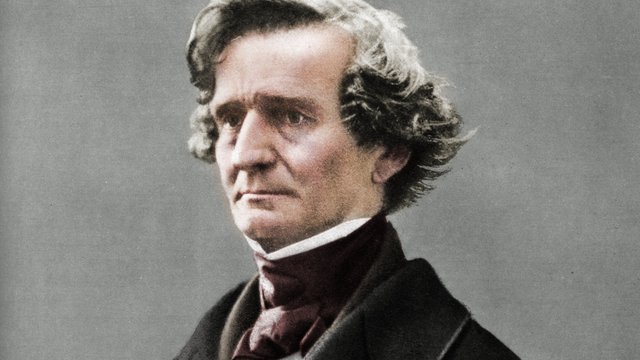
A Comprehensive Biography of Hector Berlioz
Louis-Hector Berlioz (1803-1869) was a pivotal figure in 19th-century French music, a composer whose innovative approach to orchestration and dramatic expression left an indelible mark[…]

Berlioz – Roméo Et Juliette
Roméo et Juliette, Op. 17, is one of Hector Berlioz’s most ambitious and innovative compositions, completed in 1839. Subtitled a “Dramatic Symphony,” it is a[…]

Berlioz – Grande Messe Des Morts
Hector Berlioz’s Grande Messe des Morts, Op. 5, also known as his Requiem, stands as one of the most monumental sacred choral works in the[…]

Berlioz – Harold In Italy
Harold in Italy (original French title: Harold en Italie), Op. 16, is one of the most imaginative and distinctive works by French composer Hector Berlioz.[…]
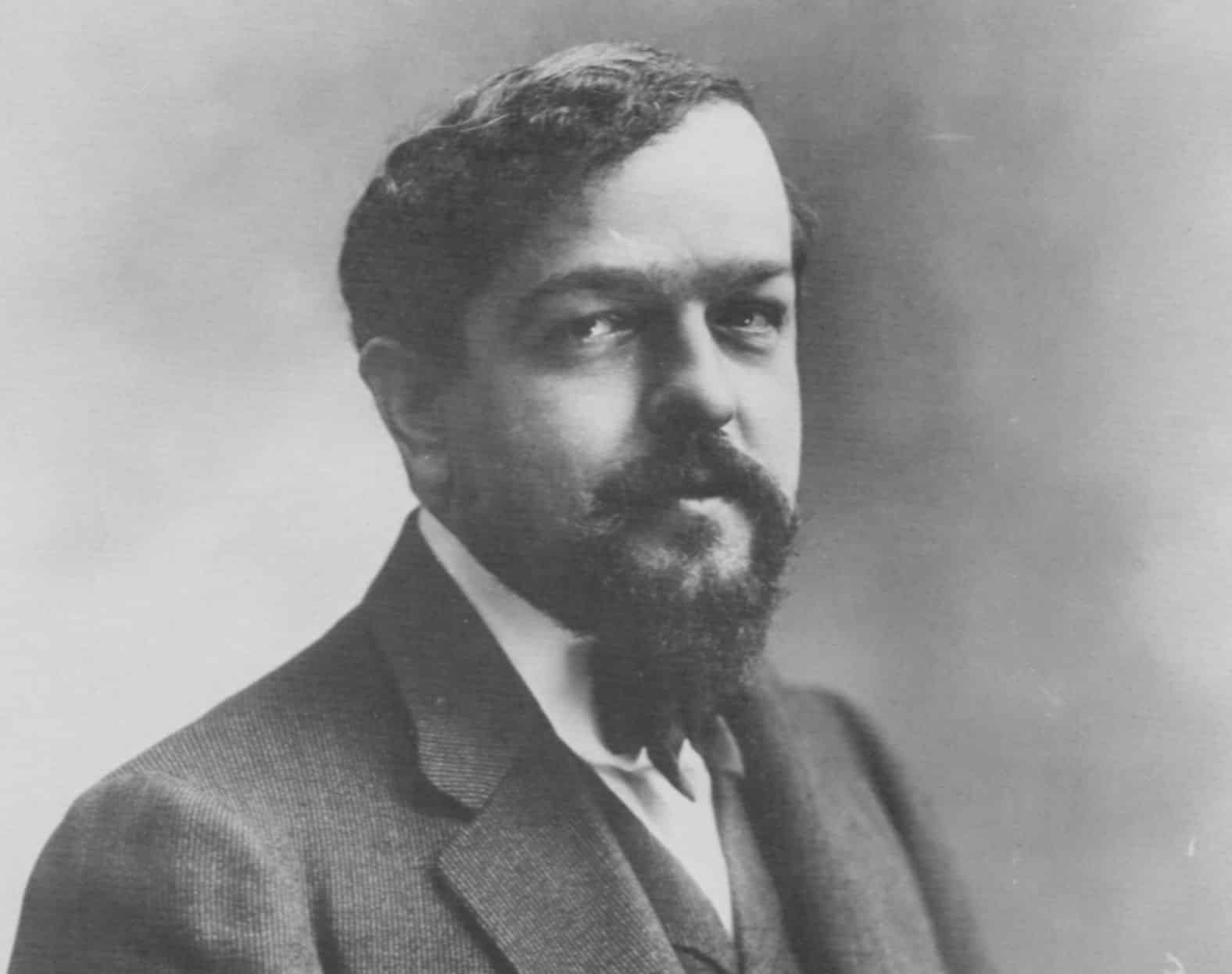
Claude Debussy: A Life in Music
Achille-Claude Debussy (1862–1918) was a French composer whose innovative works profoundly influenced 20th-century music. Often associated with musical Impressionism, a term he himself disliked, Debussy[…]
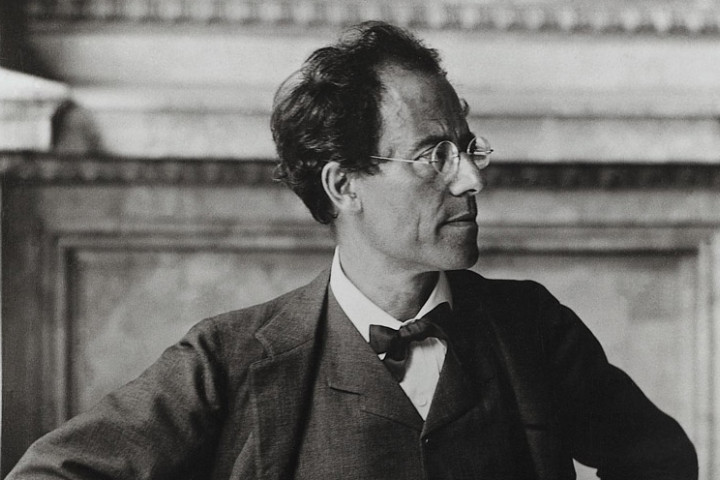
Mahler – Symphony No. 2
Gustav Mahler’s Symphony No. 2 in C minor, widely known as the “Resurrection” Symphony, stands as one of the most ambitious and spiritually profound works[…]
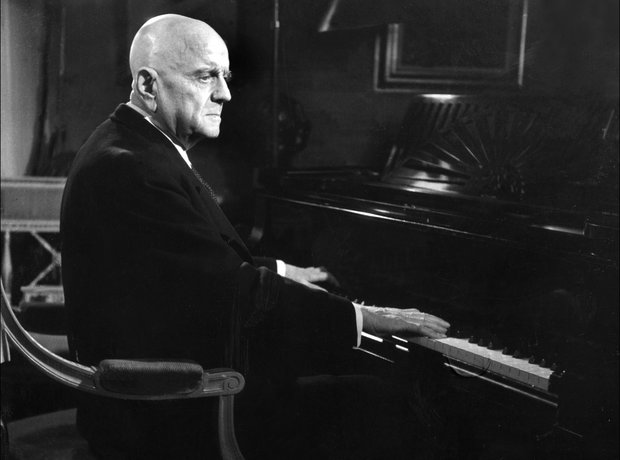
Jean Sibelius – A Complete Biography
Jean Sibelius (1865–1957) stands as Finland’s most celebrated composer and one of the defining symphonic voices bridging late Romanticism and early modernism. His music—rooted in[…]

Mahler – Symphony No. 3
Gustav Mahler’s Symphony No. 3 is one of the most ambitious and expansive symphonic works ever composed. Completed in 1896 and revised in the years[…]